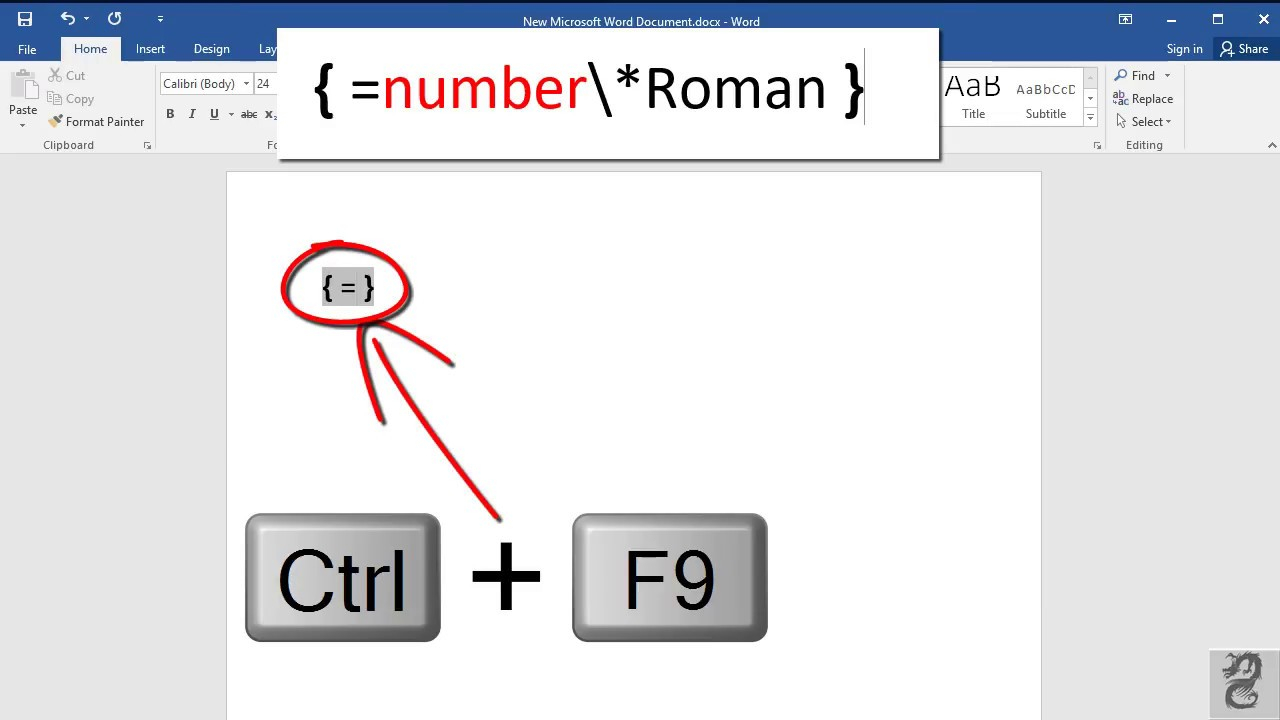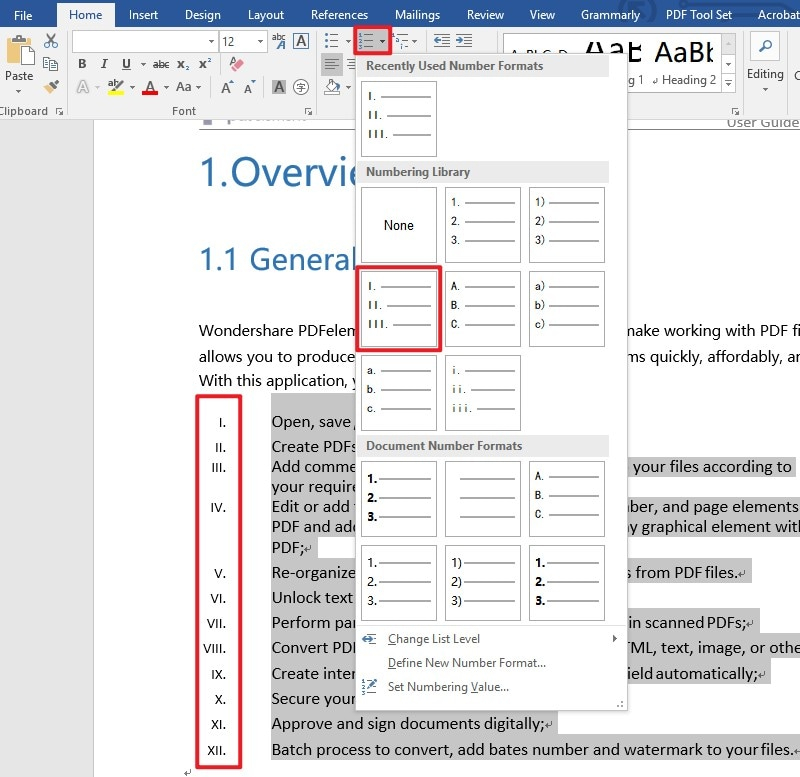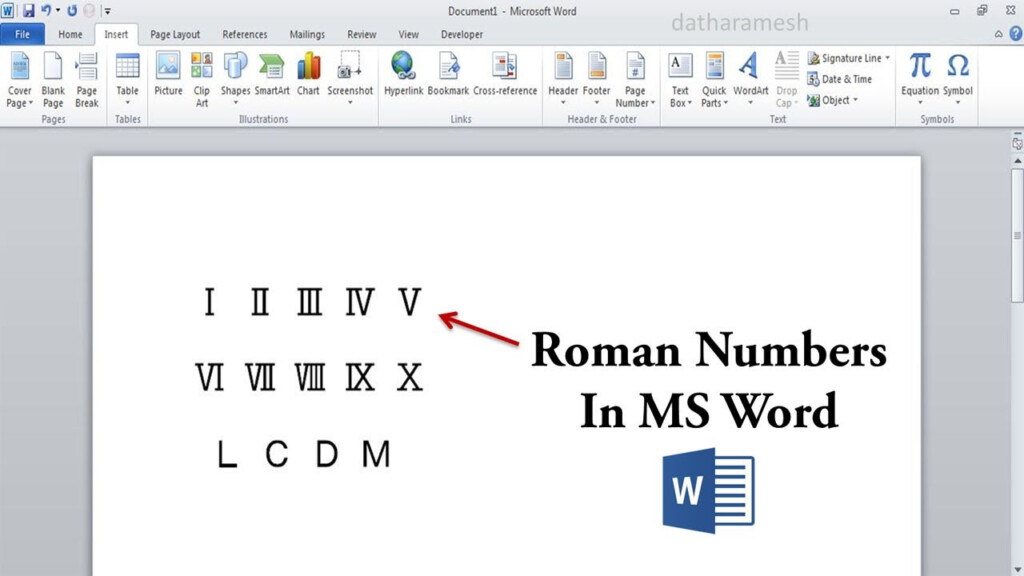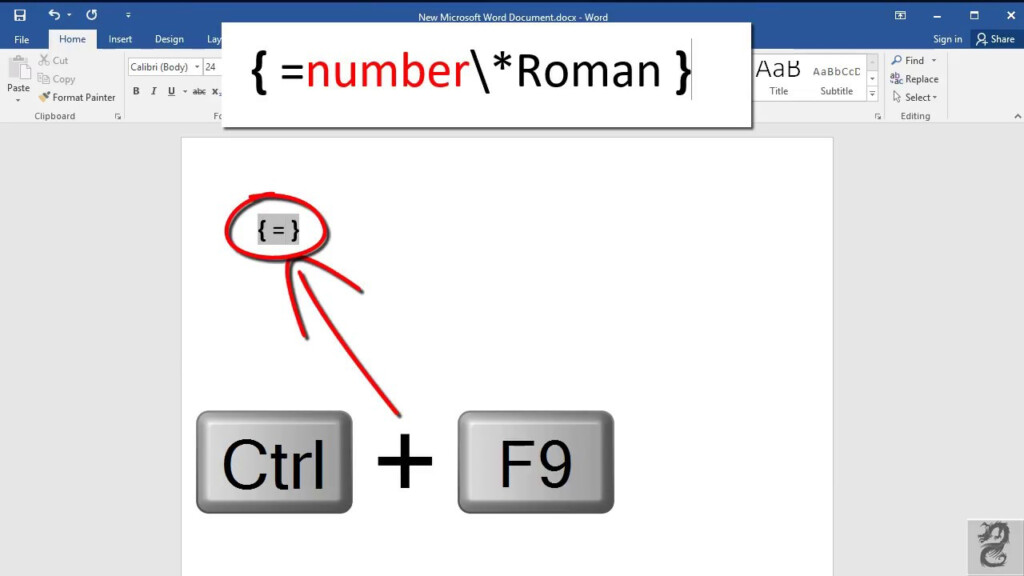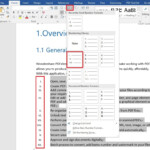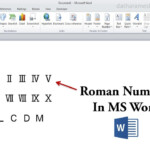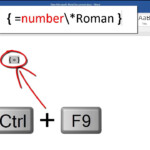How To Get Roman Numbers In Word – Roman numerals can be utilized to create numbers in Europe. They were utilized to write numbers throughout Europe until the end of the Middle Ages.
Addition
The Roman numerals are a common set of mathematical symbols. To achieve the desired outcomes, letters must always be utilized in a particular order. They are utilized to compute an addition number without using a Zero and also to represent numbers such as the number of chapters in a book.
Romans used maths to manage military records and organize construction projects. Roman-inspired count boards were in use all over Europe from the Middle Ages.
As the Romans matured and advanced, they could utilize a more complicated system that was more sophisticated in its multiplication and division processes. They used decimal systems that had four letters and ten numerals. These were also the ones used in the creation of the calculator. It was a tool that contained glass counters, beads and calculator.
The most complex system of calculation was the abacus. It organized numbers left to right. Long division was not feasible using this method.
Subtraction
Roman numerals can be used in many ways. They are used to represent the base numbers of a subtractive scheme. These numbers are usually employed to measure and to show hierarchical relationships. These numbers are also used to represent various levels of brightness when it comes to photography.
Romans employed an abacus to represent numbers. Their abacus evoked the object we have all seen. It was used for military accounting, as well as for counting for the Romans. For instance three unciae could be a quarter of the Roman army.
The Roman numerals were created to simplify multiplication. For this purpose the letters C and X were used. The symbols were pre-determined and couldn’t be changed, unlike the contemporary Abacus.
It was also easy to subtract numbers by using the Roman numeral system. Roman numerals require that the letter with the lowest value must be followed by one that is at minimum ten times larger. A letter’s worth must be less than the original number.
Stairsteps pattern from a fracture
There are numerous patterns and forms that look fractal-like in nature, like the Roman numerals, stairsteps, and other patterns. Engineers, architects, and designers have used geometric fractals to create intricate digital designs.
Recursion is a mathematical notion that creates fractals. This is a method to resolve problems. To construct the Dragon’s Curve it is necessary to begin by making U (square-based) and then repeat the circle four times. Each time you repeat it, you will expand the area between the two sides of the square.
The Sierpinski Triangle is another instance of recursive architecture. The Sierpinski triangle is made up of four smaller triangles of the same shape.
Fractal notions were initially connected to physical modeling techniques. It is now possible to duplicate vegetable shapes today due to the advancements in computational algorithms.
One of the major benefits is the fine-grained nature of the fractal branching. It exhibits zoom symmetry and structure.
Different professions can give various explanations for why branches look like trees. However, the basic idea is that photosynthesis occurs in sunlight. There are other advantages of a tree’s branching arrangement.
Origins
Roman numerals originated in Rome which was an ancient city. They serve a number of purposes in the present world. They are used, for instance to date the media. They are also mentioned as popes and the kings.
Roman numerals are supposed to be derived from tally sticks that were used by shepherds in the Roman Empire to keep count of their flocks. However the exact source of their origins is unknown. Depending on what kind, the tenth-sheep would have an X-shaped notch on the tallystick.
These images remained in use even after the fall the Western Roman Empire. Later, however the Arabic system was introduced to replace them. After their introduction to Europe in Europe’s eleventh century The numbers gained wide acceptance by the 16th century.
Roman numerals remain employed even though they are not as popular, and the Arabic alphabet is more convenient. They frequently appear in things like clocks, sports events, and even the names of popes and kings.
